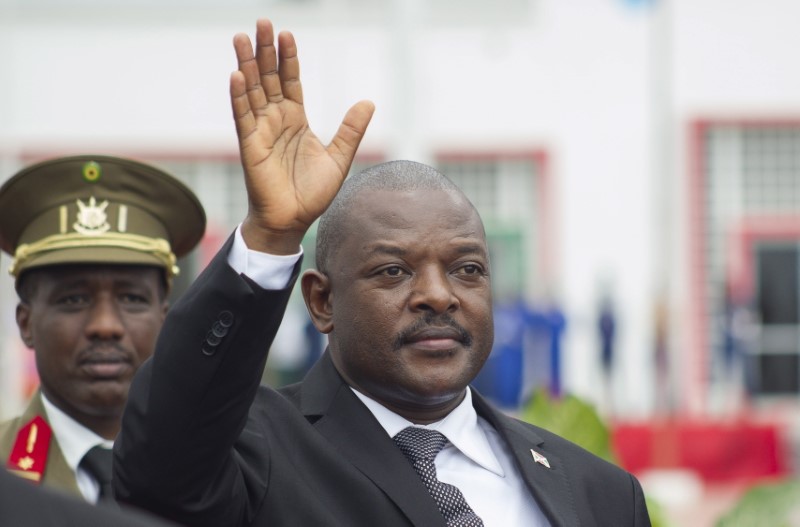NAIROBI (Reuters) - Burundi has informed U.N. Secretary-General Ban Ki-moon of its decision to quit the International Criminal Court, it said on Wednesday, adding momentum to mounting African opposition to the Hague-based tribunal.
African states have long complained the ICC is biased, prosecuting Africans while ignoring others, but they had until recently resisted withdrawing.
Burundi now says it has joined South Africa in taking such a step. Gambia said on Tuesday it would withdraw, saying the court had ignored war crimes by Western nations.
However, the United Nations said it had not received official notification from Burundi.
"An official document announcing Burundi’s move to quit the International Criminal Court was sent to Ban Ki-moon,” Foreign Ministry permanent secretary Joseph Bangurambona, told Reuters.
Another ministry source said the withdrawal document was dated Oct. 19, a day after President Pierre Nkurunziza signed a decree to that effect.
South Africa's letter informing the U.N. chief of its decision to withdraw was also dated Oct. 19, although it was not clear if there was any coordination involved.
"We have not yet received any official communication from The Gambia, nor have we received an official letter from Burundi," U.N. spokesman Stephane Dujarric said on Wednesday.
He said concerns about the ICC and how it functions should be raised in the Assembly of States Parties, the oversight body of members states, "before taking any drastic action such as leaving."
South Africa argued that the ICC's Rome Statutes were at odds with its laws granting leaders diplomatic immunity. Other African countries see the tribunal as an instrument of colonial justice that unfairly targets the continent.
Burundi lawmaker Gabriel Ntisezerana said this month when parliament voted to quit the ICC that the court was "a political tool used by powers to remove whoever they want from power on the African continent."
The ICC said in April it would investigate outbreaks of violence in Burundi, which has been mired in a political crisis for more than a year.

The United Nations, Western powers and rights groups have criticised the government for the way it has handled the unrest and have accused it of rights abuses. The government denies this.